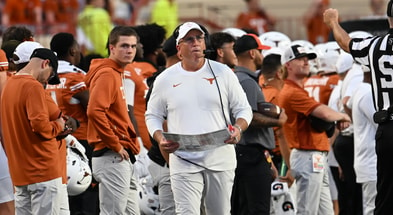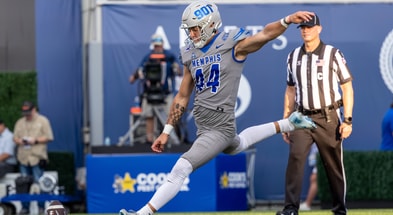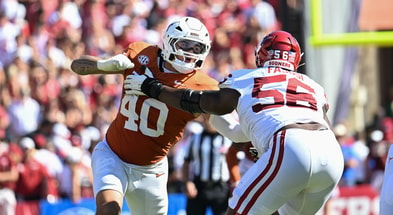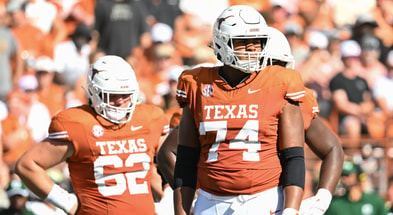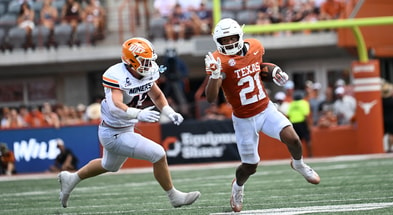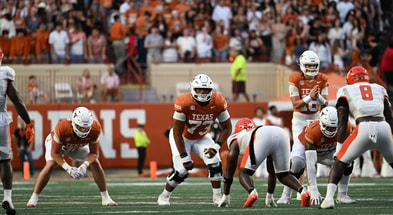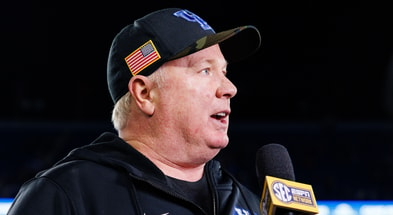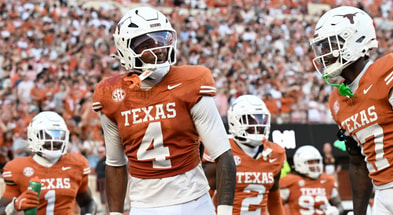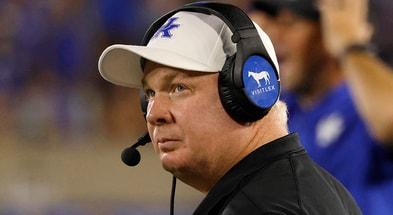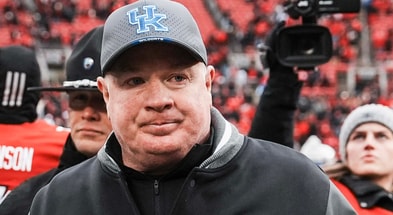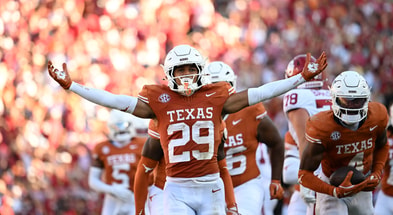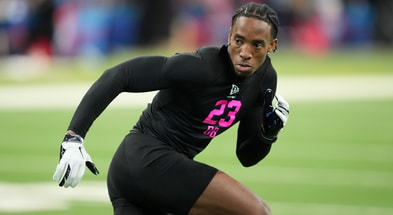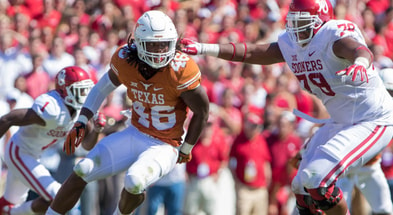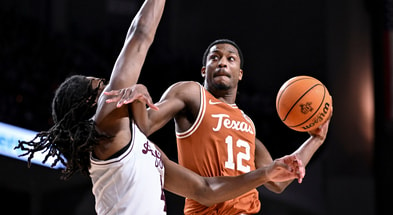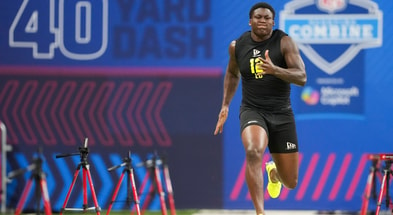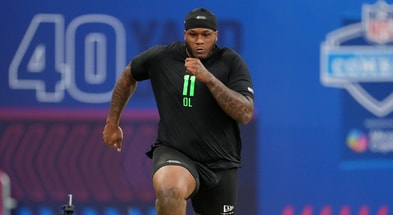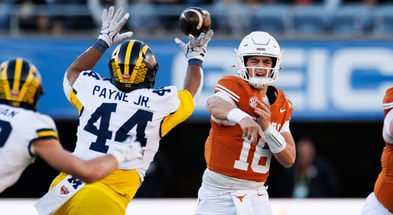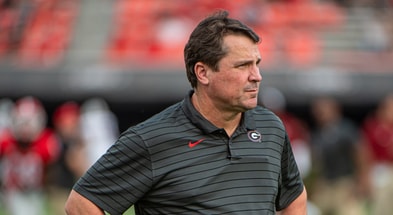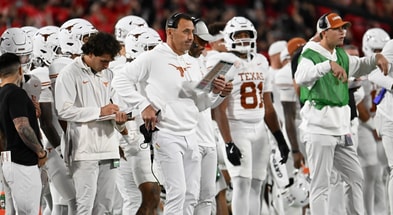Diagnosing the issues in Texas' opening drives through two weeks
Clouded by the long-term complaints surrounding Steve Sarkisian’s well-documented red zone issues, along with lingering questions of legitimacy surrounding Arch Manning, are the Texas Longhorns’ persistent struggles to successfully convert opening drives into points.
[Sign up for Inside Texas TODAY for $1 and get the BEST Longhorns coverage!]
This hasn’t been a new issue for the Longhorns. Their failure to score on the first drive in Weeks One and Two of the 2025 season only extended what has been a brutal streak of failing to register points from opening kickoffs.
It’s an odd problem for a team like Texas. Theoretically, a coach like Sarkisian should be extremely efficient on scripted plays—the ones his team practices multiple times throughout the week and knows exactly how to anticipate. Even when you account for Ohio State’s stellar defense, filled with disguises and excellent coverage in Week One, it makes little sense that Texas would gain just 12 yards in nine plays to begin a home game against San Jose State.
When you revisit the tape, a few key areas of concern begin to emerge. In some ways, they seem fixable, but in others, they feel like problems that could linger throughout the year. That’s often how it works in college football.
First and foremost, Texas is committing far too many unforced errors on the offensive side of the ball.
While the defense is playing nearly flawlessly outside of some penalty concerns, the offense can’t seem to string together three plays without making some sort of undisciplined or unwarranted mistake.
DeAndre Moore Jr. has to be pissed off at how this season has started. Moore has just 36 yards on the year, but at least 50 have been taken off by miscues on the very first play of the game. Against Ohio State, Manning spiked the ball five feet in front of him on a wide-open out-breaking route that would’ve given the Horns 25 yards. Against SJSU, Moore took a quick flip pass around the defense for another big gain, only to be called back for an unnecessary holding on Parker Livingstone.
That doesn’t even mention penalties from Brandon Baker and Ryan Wingo, and Manning not executing on a RPO Y Read Flat that could’ve possibly turned a 4th and 1 into an explosive play.
Top 10
- 1New
Bracketology
New projections spark debate
- 2
Lou Holtz
Legendary coach passes
- 3Hot
Urban Meyer
Reacts to tampering punishments
- 4Trending
Bruce Pearl
Admits to nepotism with son
- 5
Sun Belt brawl
Ref punched in process
Get the Daily On3 Newsletter in your inbox every morning
By clicking "Subscribe to Newsletter", I agree to On3's Privacy Notice, Terms, and use of my personal information described therein.
The most glaring weakness outside of mental errors is the run blocking. You can make a minute-long lowlights of all the problems in run blocking from the nine designed RB runs from the criteria above.
In fact, we did!
Connor Stroh has looked lost at times in the run game, and DJ Campbell is getting pushed around in Year Four of the program. I’m not sure what the exact solution is to this, but the offensive line—and even the tight ends—are doing their running backs no favors. RB CJ Baxter has looked really good at times early on, but the average run stats have been mediocre, often because of poor blocking.
Lastly, the connection between Arch Manning and Ryan Wingo must improve going forward. Wingo had an egregious drop against SJSU, not to mention a false start against OSU. Manning overthrew the one first down in the first two drives against the Spartans, though Wingo reeled it in, and the deep shot on the second play wasn’t even close to being converted.
Texas’ problems are clear, but it’s not clear how they can improve. Simply saying “commit fewer unforced errors” or “run block better” isn’t going to magically fix these problems. There may be personnel issues on the offensive line—something that shouldn’t be the case when looking at the talent on the rest of the roster.
What does feel fixable is the connection between Manning and Wingo. That will be a focal point of Sarkisian’s game plan in the next two games. If Wingo can become a reliable target, a lot of the other parts of Texas’ game will improve. They’ll become more explosive, more successful down-to-down, and force defenses to respect Wingo as a pass catcher, taking away safeties who would otherwise be helping on other receivers or in the run game.
A lot of the onus is on Sarkisian and Manning to be better in their play calls and execution. The penalties may linger all season, but Manning has to be the one to improve the other areas of concern. His legs need to be a factor earlier in games, and he has to be able to find his best receiver. We’ll keep tabs on this leading up to Florida. all season, but Manning has to be the one to improve the other areas of concern. His legs need to be a factor earlier in games, and he has to be able to find his best receiver. We’ll keep tabs on this leading up to Florida.
